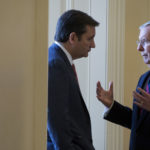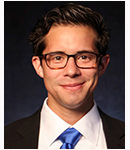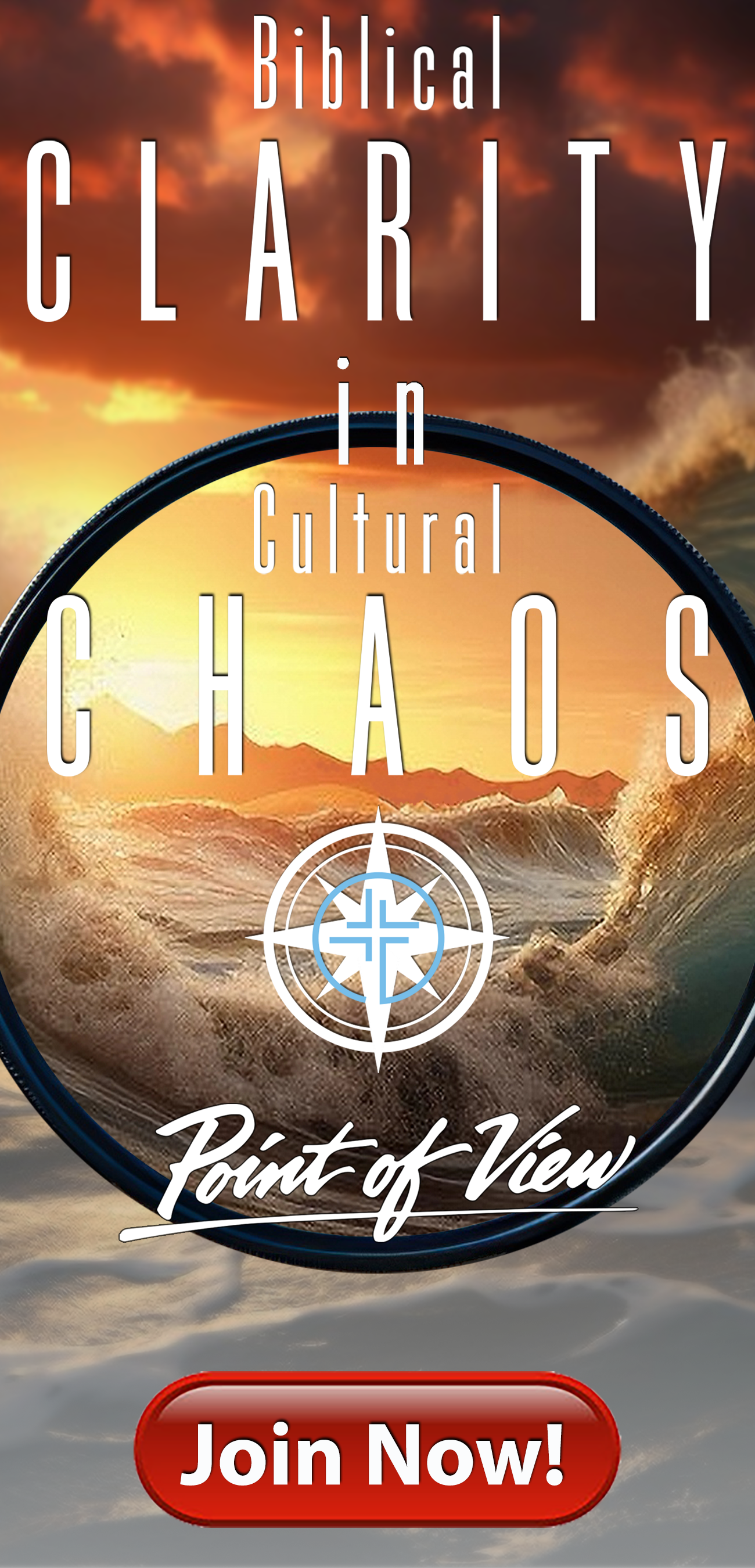Dr. Nick Pitts is the host of today’s Millennial Roundtable. He is joined by First Liberty’s Chelsey Youman and by Jonathan Pokluda from Watermark Community Church. They will be talking about a plethora of current issues including Jonathan’s book, “Welcome to Adulting.” It’s going to be fun!!
Give us a call at 800-351-1212 or post a question on facebook at www.facebook.com/pointofviewradio.

She joined First Liberty Institute after working for a law firm in private practice, where she successfully litigated corporate fraud matters, complex commercial litigation, and consumer rights issues in both federal and state jurisdictions.
Youman received her Juris Doctor from Southern Methodist University, where she was a Dean’s Scholarship Recipient. She was also a member of the Board of Advocates, where she successfully argued in off-campus mock trial competitions, and was a member of the Aggie Law Society and SMU Christian Legal Society. During law school, she clerked for the Consumer Protection Division in the Office of the Attorney General of Texas and Liberty Institute.

JP came to understand the grace of the Gospel in his early twenties after being involved in different denominational churches his entire life. This ignited a desire in him to inspire young adults to radically follow Jesus Christ and unleash them to change the world. Most recently, he has seen this passion come out through writing. His book, Welcome to Adulting, offers Millennials a roadmap to navigating faith, finding a spouse, finances, and the future.
JP's partner in ministry is his wife of 13 years, Monica, and together they disciple their children Presley, Finley and Weston.
But sometimes we make it harder than it has to be. Combining entertaining stories from his own experience, insights from the Bible, and compelling evidence from research, "JP" Pokluda lays out a roadmap for how to navigate life as an adult, addressing topics like
- friendships and dating
- career and money management
- interpersonal conflict
- controlling anxiety
- recovering from addiction
- and discovering your purpose on this earth
Anyone struggling to find a footing in the world of adult life will welcome this witty, non-patronizing guide.





 Listen Online
Listen Online Watch Online
Watch Online Find a Station in Your Area
Find a Station in Your Area


 Watch Now
Watch Now Listen Now
Listen Now 






 Listen Now
Listen Now Watch Online
Watch Online
